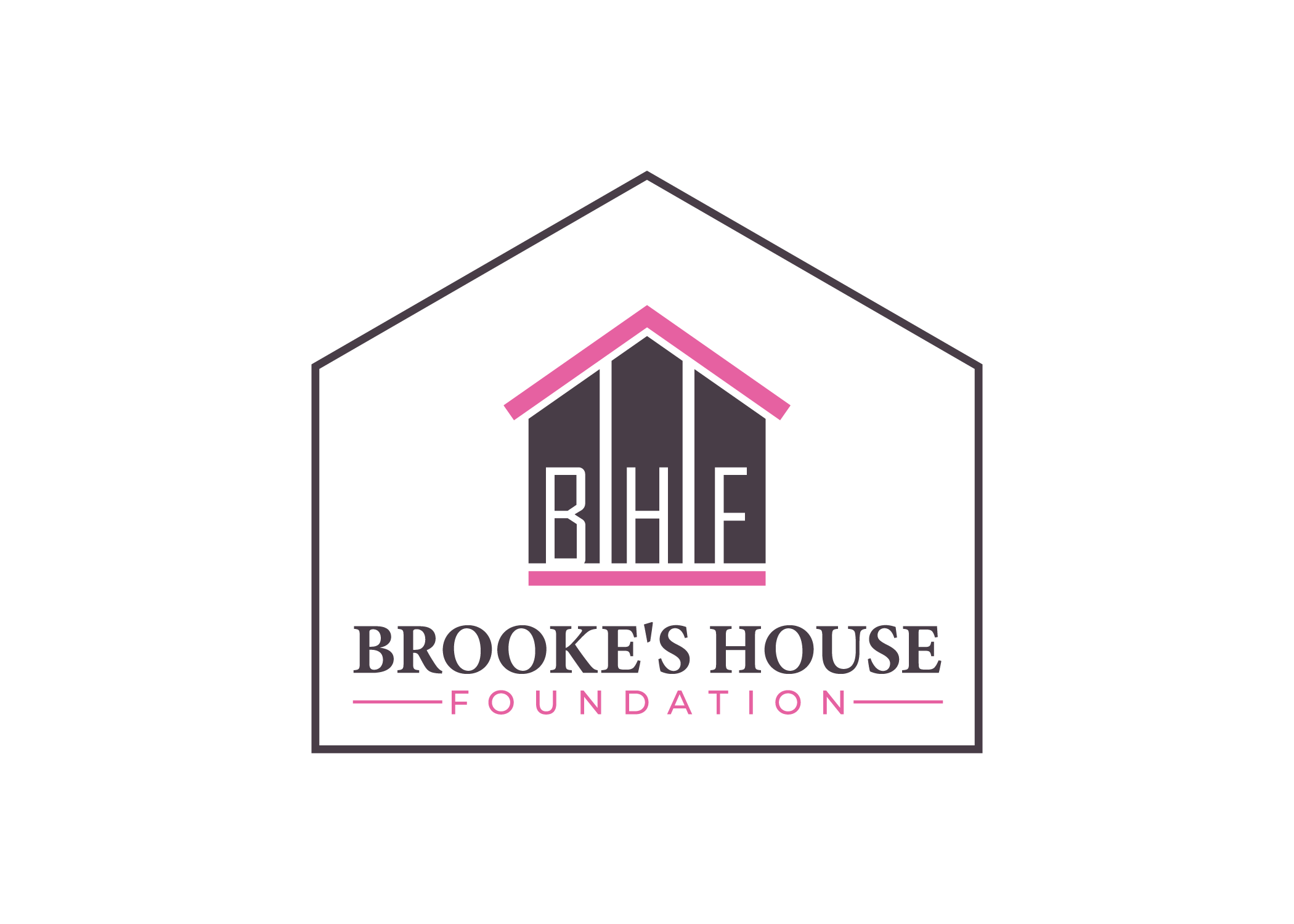
Recovering from drug addiction is a challenging journey, and individuals who have struggled with substance abuse often require a supportive and structured environment to aid their recovery process. Sober living homes, also known as halfway houses, play a crucial role in helping individuals transition from the chaos of addiction to a life of sobriety. These homes provide a safe and supportive space for individuals in recovery, offering a range of benefits that can significantly aid their journey to lasting sobriety.
The Role of Sober Living Homes in Drug Addiction Recovery

1. A Safe and Supportive Environment
One of the most significant advantages of sober living homes is that they offer a safe and supportive environment for individuals in recovery. These homes are typically drug-free and provide a structured and accountable living space where residents are encouraged to maintain sobriety.
In sober living homes, residents are surrounded by peers committed to sobriety, creating a sense of camaraderie and understanding that can be crucial during recovery.
The strict rules and regulations enforced in sober living homes help residents stay on track. Regular drug testing, curfews, and mandatory attendance at support group meetings ensure that residents remain committed to their recovery goals. This structured environment minimizes the risk of relapse and provides individuals with the tools and support they need to build a strong foundation for a drug-free life.
2. Gradual Reintegration into Society
Recovery from drug addiction is not just about quitting substances; it also involves rebuilding one’s life and reintegrating into society. Sober living homes offer a gradual reintegration process, which can be particularly beneficial for individuals who may have lost their jobs, relationships, or housing due to addiction.
Residents in sober living homes often have access to vocational training, educational programs, and job placement assistance, helping them acquire the skills and resources needed to secure stable employment and regain their independence.
This gradual approach to reintegration allows individuals to build confidence and self-esteem while addressing the challenges they face without the added pressure of immediately returning to their previous lives, which may have been associated with substance abuse.
3. Peer Support and Accountability

Peer support is a cornerstone of the recovery process, and addiction recovery houses excel at fostering this crucial element. Residents in these homes share similar addiction-related experiences and challenges, which creates a sense of community and mutual understanding. This peer support can be invaluable, as residents hold each other accountable for maintaining sobriety and making positive life choices.
Residents often participate in regular house meetings and group therapy sessions, providing opportunities for open discussions about their struggles and successes. These interactions not only help individuals gain insights into their recovery but also offer a platform to share strategies for coping with cravings and navigating the challenges of sobriety. The sense of belonging and peer encouragement can significantly bolster one’s commitment to staying clean.
4. Structure and Routine
Addiction often thrives in chaos and unpredictability, making it crucial for individuals in recovery to establish structure and routine. Sober living homes provide a structured environment with established daily routines, responsibilities, and expectations. This structure can be immensely helpful in combating the impulsiveness and unpredictability that often accompany addiction.
Residents are typically required to maintain cleanliness in the house, attend support group meetings, and adhere to a curfew.
These responsibilities promote accountability and discipline, helping individuals rebuild their lives with purpose and order. Additionally, the structured nature of sober living homes can assist residents in managing triggers and stressors that might otherwise lead to relapse.
5. Relapse Prevention Strategies
Relapse is a common concern for individuals in recovery from drug addiction. Sober living homes focus not only on sobriety but also on equipping residents with effective relapse-prevention strategies. Through counseling and therapy, residents learn to identify their triggers and develop coping mechanisms to handle stressful situations without resorting to substances.
Furthermore, the supportive environment of a sober living home ensures that residents have access to resources and guidance when they face challenging moments.
They can reach out to fellow residents, staff members, or therapists for assistance, which can make a significant difference in preventing a relapse. Continually reinforcing relapse prevention strategies empowers individuals to face life’s ups and downs with resilience and determination.
6. Accountability for Personal Growth
Recovery from addiction is not solely about abstaining from substances; it’s also about personal growth and self-improvement. Sober living homes encourage residents to set goals for themselves regarding education, employment, or repairing relationships.
These homes provide a supportive framework for residents to work towards these goals and hold them accountable for their progress.
Residents often participate in life skills workshops, therapy sessions, and educational programs to enhance their well-being. This emphasis on personal development helps individuals rebuild their self-esteem and self-worth, which may have been severely impacted by addiction. It also prepares them for a successful and fulfilling life beyond the confines of the sober living home.
7. Family Reconnection
Addiction often strains relationships with family members and loved ones. Sober living homes can serve as a bridge to rebuilding these connections. Residents are encouraged to engage in family therapy and communication workshops to learn effective ways to mend broken relationships and foster understanding.
The supportive environment of a sober living home allows individuals to demonstrate their commitment to recovery to their families. By witnessing the progress and dedication of their loved ones, family members may become more willing to offer their support and encouragement, strengthening the individual’s support system as they transition back into the community.
Conclusion
In conclusion, sober living homes provide a lifeline for individuals seeking recovery from drug addiction. Through their safe and supportive environments, structured routines, and focus on personal growth, these homes offer invaluable assistance in the challenging journey to sobriety, empowering individuals to rebuild their lives and maintain lasting recovery.
